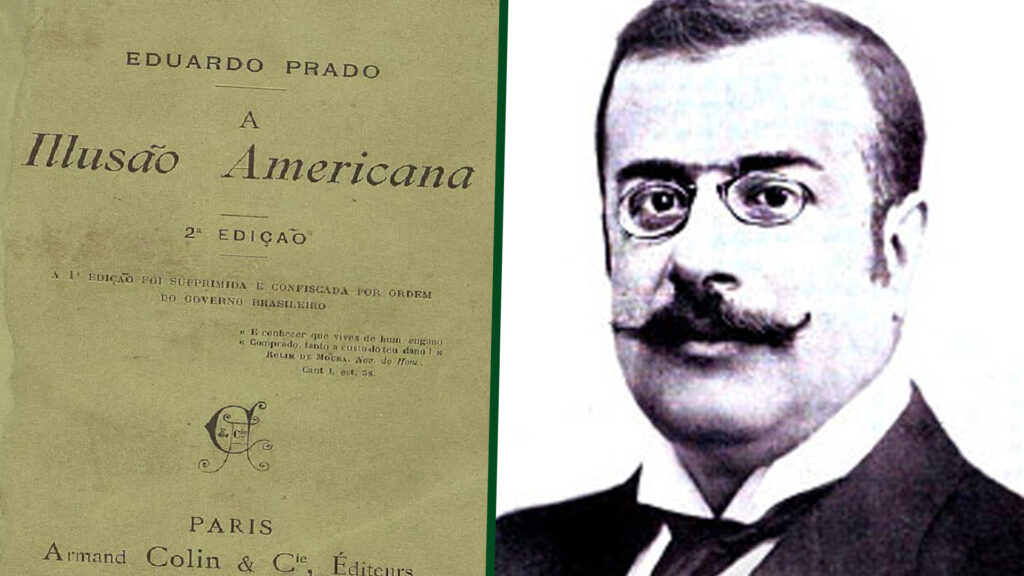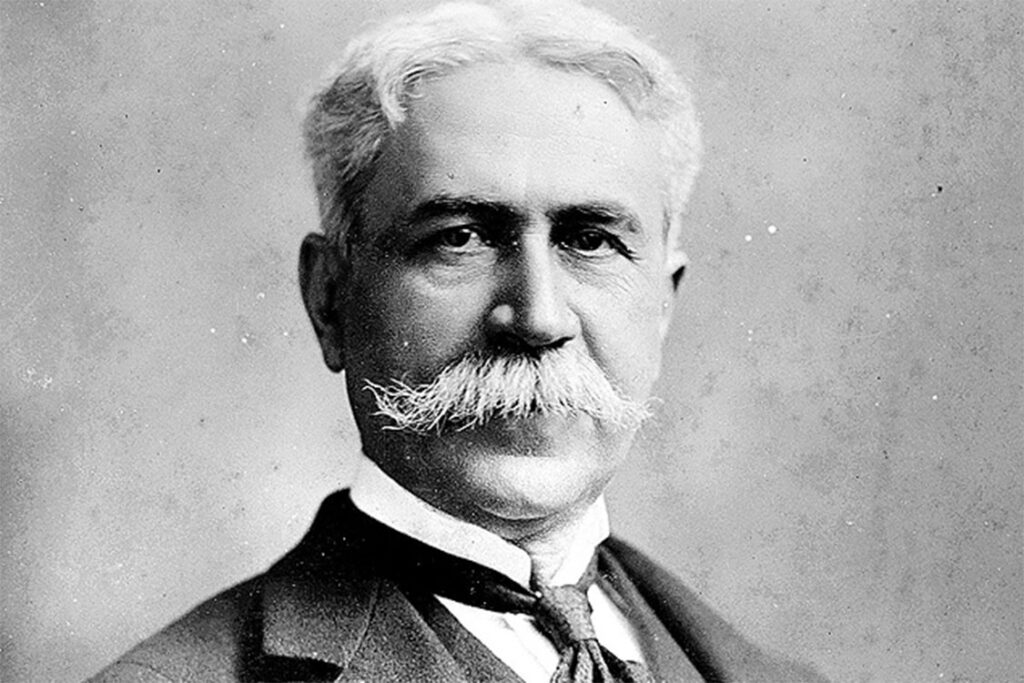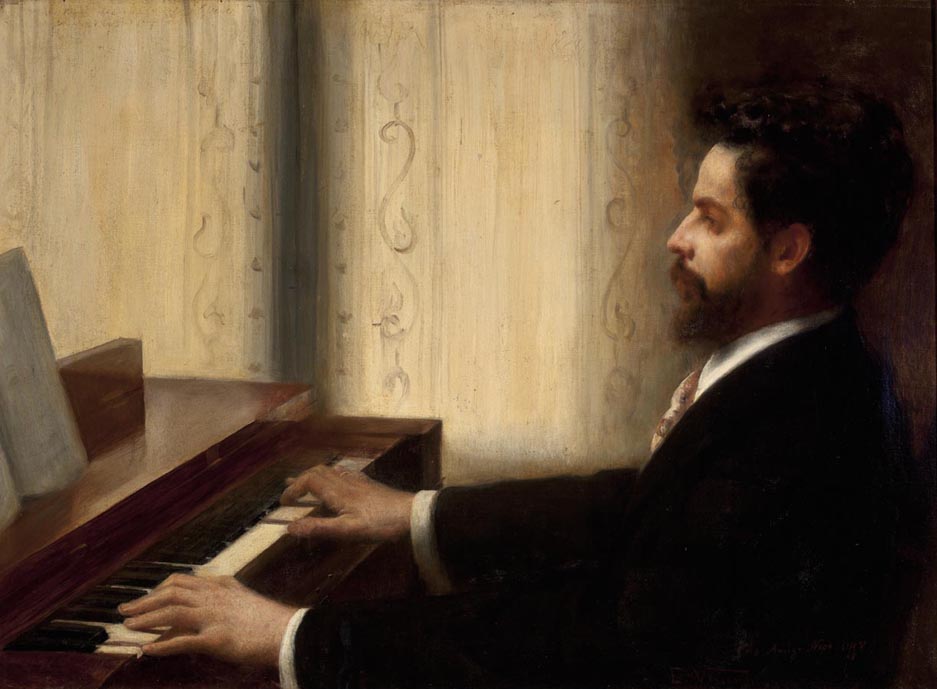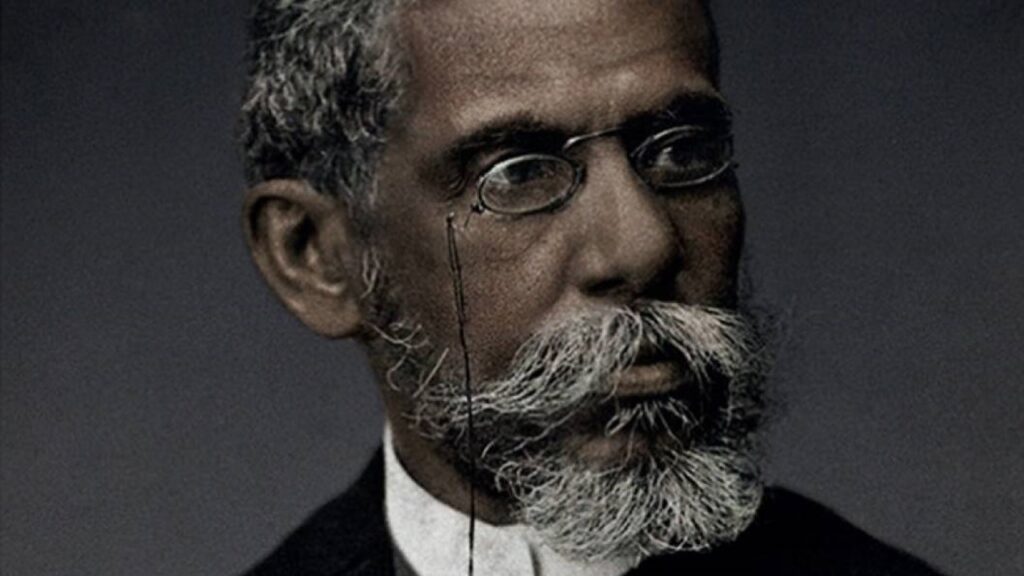
Review: The History of Brazil through its Constitutions, by Rodrigo Saraiva Marinho
The book The History of Brazil through its Constitutions is a comprehensive and fascinating work that traces Brazil’s trajectory from its colonial period to contemporary times, with a special focus on the different constitutions that shaped the country’s political and legal organization throughout the centuries. Written by Rodrigo Saraiva Marinho,




